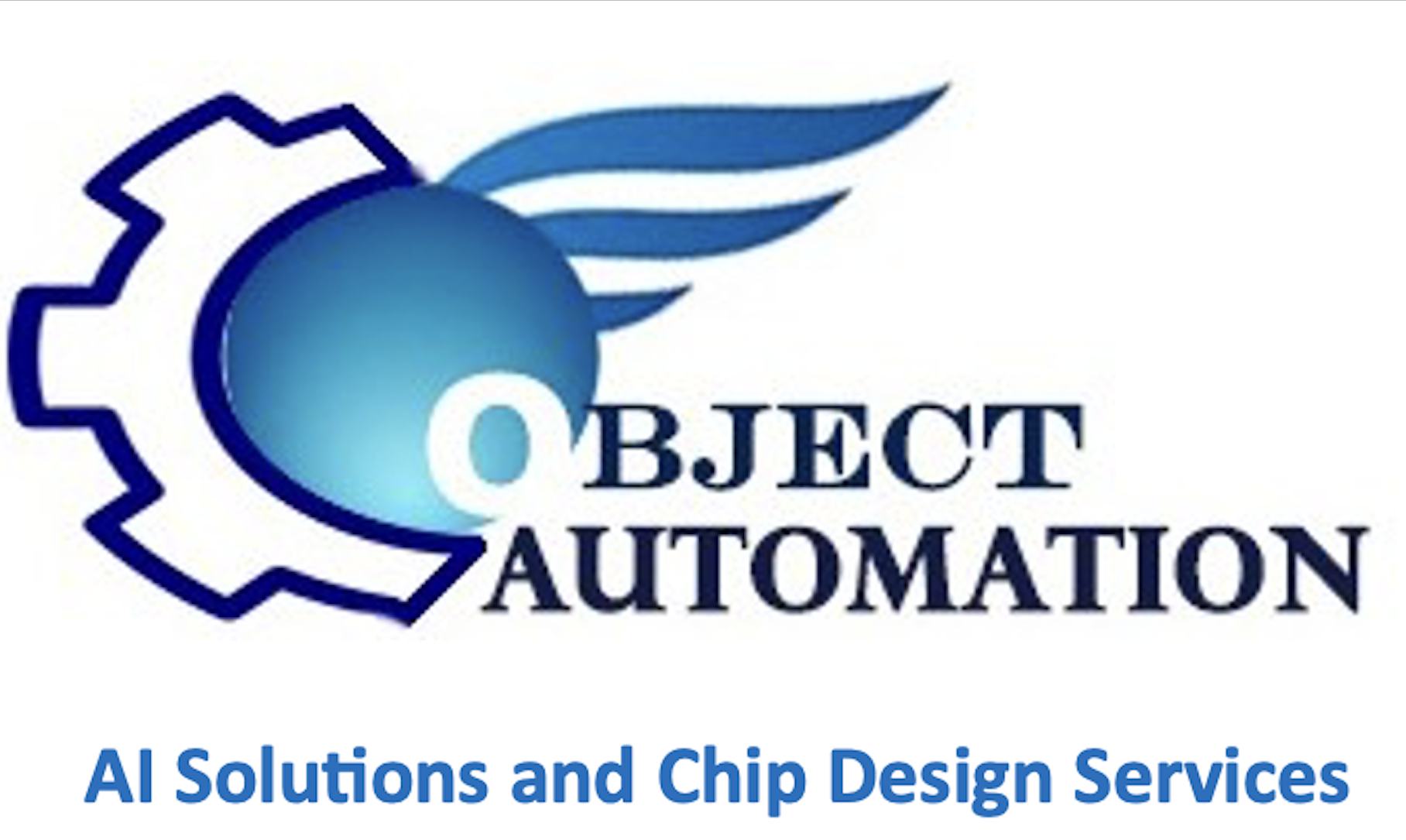Who We Are?
Object Automation System Solutions Inc is a transformation partner that focuses on enhancing customers' vision and growth by understanding their key business drivers, enterprise needs, go-to-market models, pricing and partnership models, and network slicing and exposure journey.


